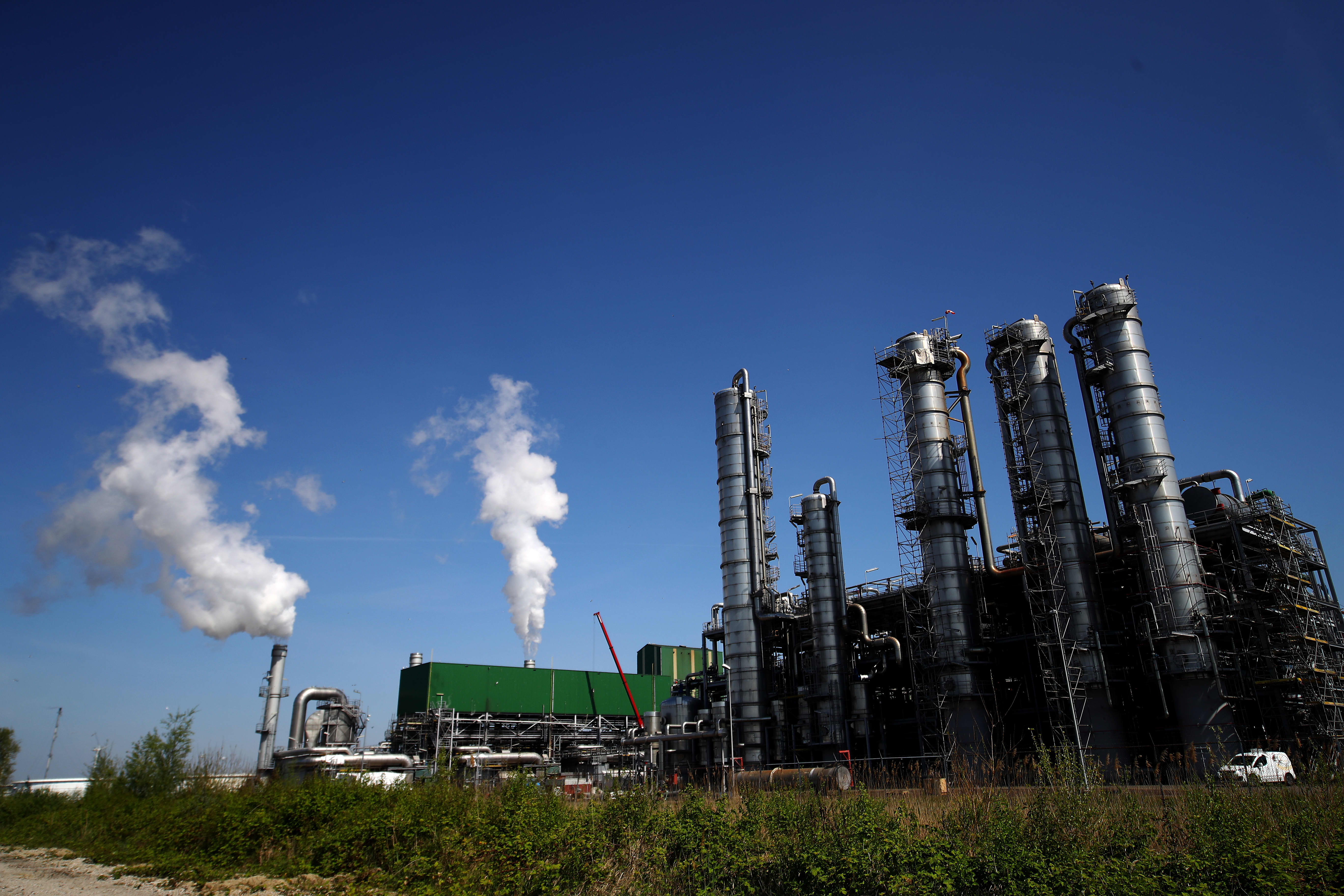LONDON, United Kingdom — Due to the influence of the coronavirus pandemic on global energy, oil and gas giant BP published its standard Statistical Review of World Energy on Thursday, describing 2020 as “a year unlike any other.” BP said it had witnessed some of the most dramatic incidents in the history of the global energy system over the past seven decades, including the 1956 Suez Canal crisis, the 1973 oil embargo, the 1979 Iranian Revolution, and the 2011 Fukushima disaster. In the report, BP’s chief economist, Spencer Dale, said, “All moments of significant turbulence in global energy.” “However, everything pales in contrast to last year’s happenings.” According to data provided by Johns Hopkins University, about 185 million Covid-19 cases have been reported worldwide, with over 4 million deaths. The true number of Covid-19 infections and deaths is thought to be much higher — and rising. The pandemic also resulted in significant economic losses, with worldwide GDP falling by roughly 3.3 percent last year. This is the worst downturn in peacetime since the Great Depression. The Covid epidemic has had a significant influence on global energy. The following are some of the report’s highlights: Changes in the energy sector According to BP, the coronavirus crisis last year resulted in the lowest levels of primary energy and carbon emissions since World War II. Renewable energy’s unrelenting expansion, on the other hand, was determined to be “largely unharmed,” with solar power experiencing its fastest growth ever. To be sure, the oil and gas industry projected that worldwide energy consumption had decreased by 4.5 percent and global carbon emissions from energy use had decreased by 6.3 percent. “By historical standards, these are the biggest reductions in both energy demand and carbon emissions since World War II. Indeed, last year’s CO2 emissions fell by more than 2 Gt, bringing them back to levels last seen in 2011 “Dale said. “It’s also noteworthy that the carbon intensity of the energy mix — the average carbon emitted per unit of energy used — declined by 1.8 percent, one of the largest drops in postwar history,” he added. Getty Images | Bim | E+ For some, the drop in global carbon emissions sparked dreams of “peak carbon,” but efforts to curb global warming — and accomplish a key goal of the landmark Paris Agreement — are swiftly eroding. It comes as governments and corporate leaders publicly realize the importance of transitioning to a low-carbon society, and policymakers are under increasing pressure to deliver on promises made as part of the Paris Agreement ahead of the COP26 this year. “There are disturbing signals that last year’s COVID-induced drop in carbon emissions will be short-lived as the global economy recovers and lockdowns are lifted,” said BP CEO Bernard Looney in the report. “The difficulty is to achieve consistent, similar reductions in emissions year after year without causing enormous disturbance to our livelihoods and daily lives,” he continued. Oil In 2020, the Covid crisis created a historic oil demand shock, with Big Oil suffering a miserable year on almost every metric. The pandemic occurred at a time when commodities prices were plummeting, earnings were disappearing, write-downs were extraordinary, and tens of thousands of jobs were being lost. The barrage of negative news caused the president of the International Energy Agency to predict that 2020 will be the worst year in oil market history. Last year, BP said that oil consumption decreased by a record 9.1 million barrels per day, or 9.3 percent, to its lowest level since 2011. In Rotterdam, the Netherlands, a general view of the Gunvor Petroleum or Rozenburg refinery. The largest port in Europe measures 105 square kilometers (41 square miles) and stretches for 40 kilometers (25 miles). Getty Images News | Dean Mouhtaropoulos | Getty Images Oil demand in the United States declined the greatest, by 2.3 million barrels, followed by 1.5 million barrels in the EU and 480,000 barrels in India. According to BP, global oil production fell by 6.6 million barrels, with OPEC accounting for two-thirds of the drop. According to the energy giant, the price of worldwide benchmark Brent crude averaged $41.84 in 2020, the lowest level since 2004. At the time of writing, the oil contract was trading at $73.70. Renewables “The requirement for rapid expansion in renewable energy is unquestionably the single most essential part of the energy system needed to address both aspects of the Paris Agreement — respond to the threat of climate change and support sustainable growth,” BP’s Dale said in the research. Renewable energy, including biofuels but excluding hydro, increased by 9.7% in 2020, according to BP. This was slower than the 10-year average of 13.4% year-over-year growth, but the increase in energy terms was found to be comparable to gains seen previous to the pandemic. Solar electricity reached new highs, while wind was shown to be the most important contributor to renewable energy growth. Solar capacity increased by 127 gigawatts in 2020, while wind capacity increased by 111 gigawatts, nearly doubling its previous largest annual rise, according to BP. “China was the dominant engine,” Dale said, “accounting for approximately half of the global increase in wind and solar capacity.” “The importance of the past 70 years pales into insignificance when we contemplate the challenges facing the energy system over the next 10, 20, 30 years as the world seeks to get to net zero,” Dale added, referring to BP’s latest annual Statistical Review of World Energy./n
Read MoreBP says all other global energy crises pale in comparison to the year of Covid. These stats show why
2021-07-08T15:31:31-04:00July 8th, 2021|





